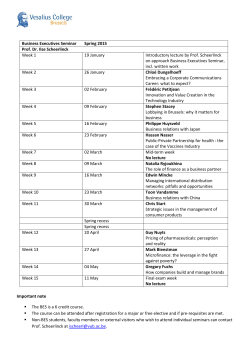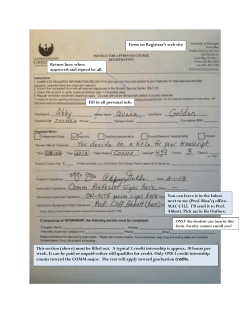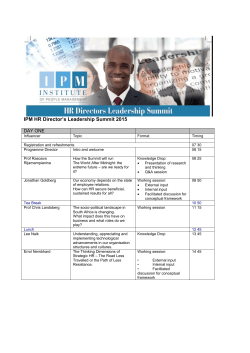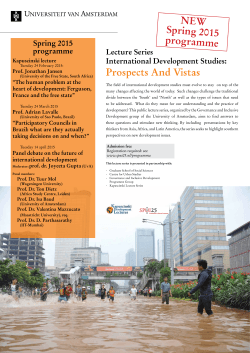
What comes to mind when you hear greening universities? If you are
Greening universities What comes to mind when you hear greening universities? If you are like me, your first thought must have been planting more trees in our universities on any viable available space. Stop! Think of that tap we find leaking and we leave it leaking or that light left on yet, we really do not require it. Alternatively, that yoghurt Tetra Park or plastic juice and water bottle or sweet wrapper or sugarcane fibrous material, that we so easily throw out of the window of a public transport vehicle or our most treasured private cars without a second thought? After all, we argue, it is not my responsibility and anyway, there are many more strewn around, what difference does it make? Listening to Prof. David Mungai, Deputy Director, Wangari Maathai Institute for Peace and Environmental Studies, make a presentation to the University of Nairobi, Central Administration Environmental Sustainability Committee yesterday, I realize there is so much each one of us can do to improve on our environment. According to Prof. Mungai, besides tree planting, there are activities that the university community can engage in at a personal level to promote a sustainable green environment. This includes economical use of water, such as closing a tap well after use or reporting a leaking tap, proper disposal of waste in designated places and purchase of ozone friendly equipment among other activities. At the corporate level, Prof. Mungai identified sorting and recycling of waste as one of the initiatives the University can engage in. He challenged the Central Administration Environmental Sustainability Champion to devise ways to have waste segregation mechanisms at unit level put in place. This he pointed out, would encourage adaptation to best practices of waste management and act as an avenue for revenue making if well exploited. A key message in his presentation however, was the need for promoting environmental awareness, educating, and training the University community regarding collective responsibility to implement the Environmental Policy. “Don’t blame people when you see them throwing that plastic water bottle or juice bottle on the streets, it could be that they are not aware of the impact their actions have on the environment. By creating more awareness, people can be more conscious of their actions and make informed decisions before acting”, said Prof. Mungai. ============================== Call for action What are you doing today where you are, through your daily habits to promote a sustainable environment? You can send your feedback to: Email: dvcrpe@uonbi.ac.ke Resources UoN Environmental Policy Greening Universities Toolkit: Transforming universities into green and sustainable campuses, UNEP 2013 Higher Education Sustainability Initiative
© Copyright 2025











